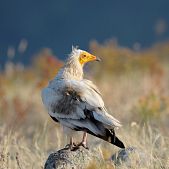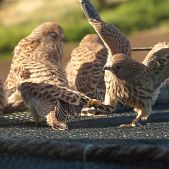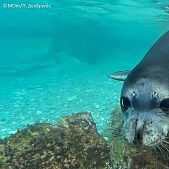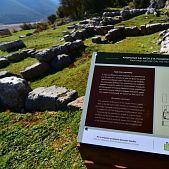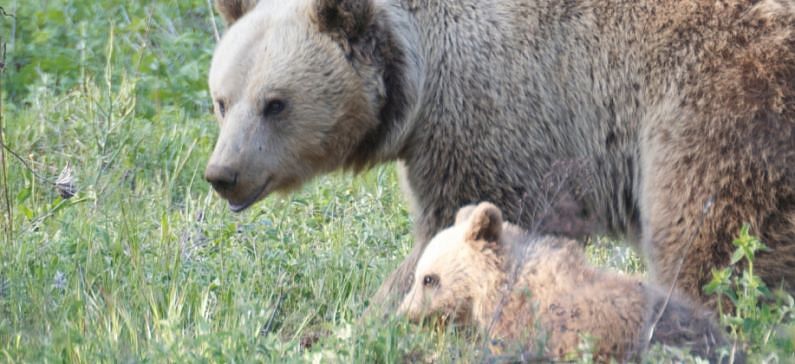
Five Greek nominations in the Natura 2000 finals
Five Greek projects have been selected by the European Union to compete for the prestigious Natura 2000 award. The Greek nominees are among 25 finalists and the winners will be decided by a popular vote and announced at a high-level ceremony on May 17 in Brussels.
Natura 2000 recognizes the time, dedication and effort that Europeans have invested in nature conservation right across the continent. The Natura 2000 Network works to ensure the long-term survival of Europe’s most valuable and threatened species and habitats, and is the centerpiece of the EU’s nature and biodiversity policy.
It is made up of over 27,000 sites so far. In total, they cover almost a fifth of Europe’s land area and an important part of the surrounding seas, making it the largest coordinated network of conservation areas anywhere in the world.
The 5 Greek nominations are:
1.The Lake Stymphalia path: Following the steps of Hercules on a natural-cultural heritage journey
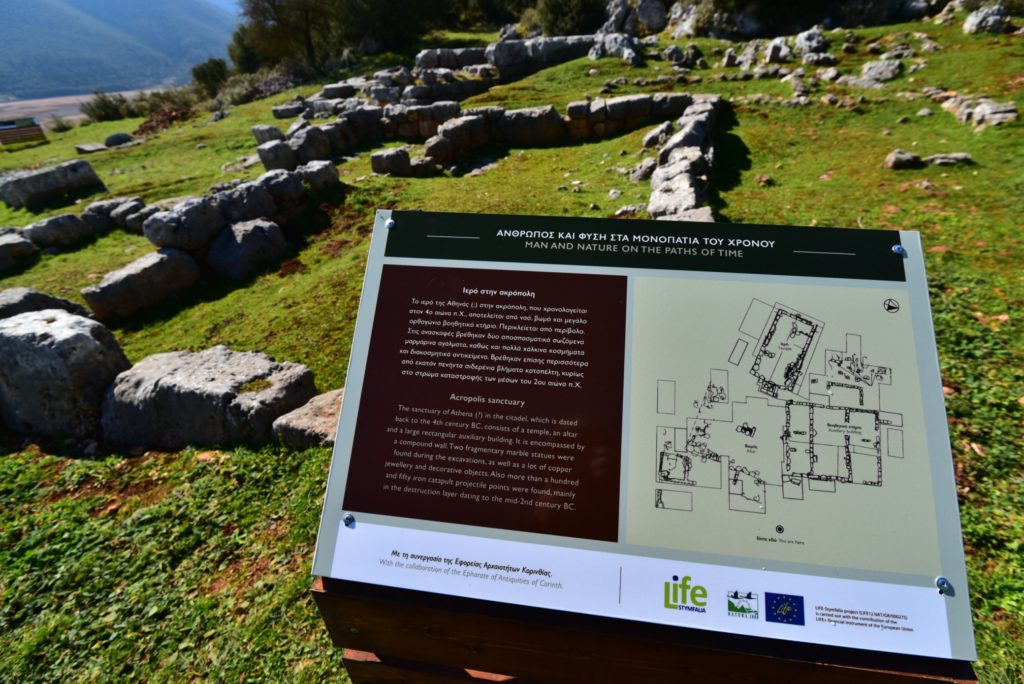
Lake Stymphalia is located in the mountainous region of the Peloponnese in southern Greece. It is one of the most important inland wetlands of its kind in the Mediterranean, harbouring such rare bird species as Aythya nyroca, Ixobrychus minutus, Ardea purpurea, which is why it is included in the Natura 2000 Network. According to Greek mythology, it is here that Hercules completed his 6th Labour, by defeating the Stymphalian birds.
The wetland presents a unique landscape where biodiversity intermingles with the ruins of the ancient city of Stymphalos and with the rich cultural heritage of the area. Ancient Stymphalos was inhabited from the 4th century BC until the 6th century AD. Nowadays, a big part of the city lies almost sunken under the Lake. The dual identity of the site was used as the theme for the establishment of an interpretation trail “Man and Nature on the Paths of the Time” It was developed and built in collaboration between the Piraeus Bank Group Cultural Foundation, the municipality of Sikyonion, OIKOM Environmental Studies Ltd, the Society for the Protection of Prespa and the Centre for Renewable Energy Sources and Saving and co-financed by the EU LIFE programme. It is an easy, self-guided, linear hiking route of 1.8 km (duration: 2 hours’ roundtrip) that links the Environment Museum of Stymphalia with the wetland and the archaeological site.
Vote here: http://natura2000award-applica
2. Co-existing with bears in the 21st century

The district of Kastoria, in Greece, is of strategic importance for the brown bear, since it functions as a communication corridor between the bear sub-populations in Greece (the southernmost in Europe) and the Western Balkans. It also demonstrates a number of typical problems concerning the coexistence of bears and humans.
Firstly, there is the issue of the 72km branch of the E45 Motorway. Just six months after opening the new highway, five major traffic accidents occurred involving bears and cars. Secondly, an increasing number of bears in the area are visiting settlements during winter and early spring, when natural food sources are scarce, which increases the risk of bear-human conflicts and causes fear and anxiety amongst the locals. CALLISTO, an environmental NGO, has a long presence in the area. Since 2009 it has been working in partnership with local authorities, the association of farming cooperatives and the Development Agency of Kastoria, to address these challenges and to improve conditions for bear – human coexistence.
Vote here: http://natura2000award-applica
3.Conservation of the Mediterranean monk seal
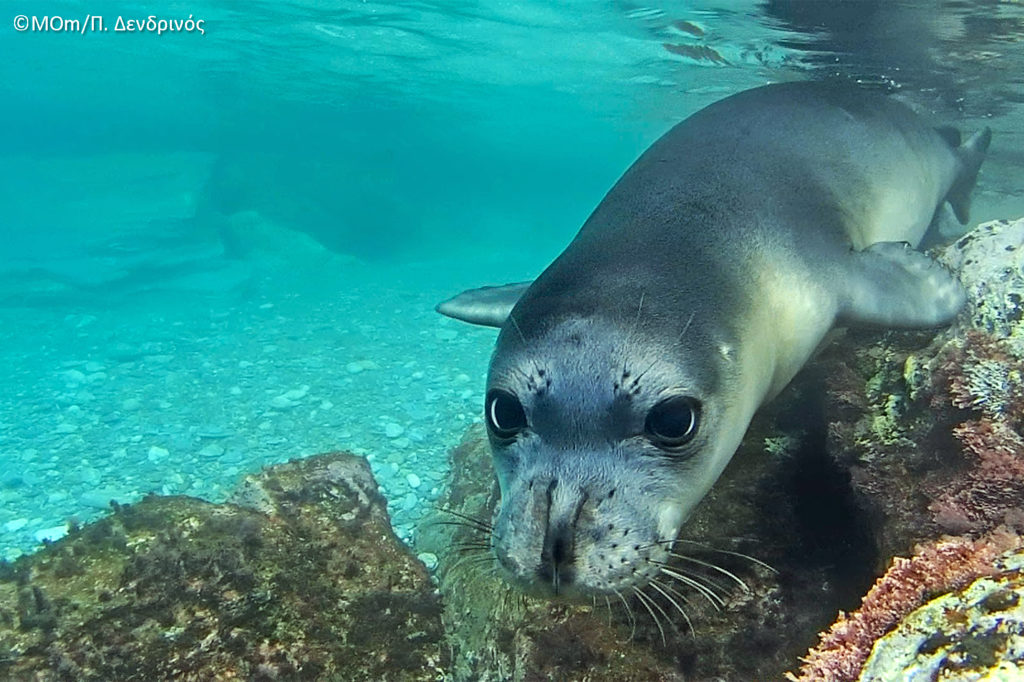
Since its foundation 30 years ago, the Greek Society for the Study and Protection of the Monk Seal (MOm),has been actively involved in the conservation of this critically endangered flagship species in Greece. It has systematically addressed all the major conservation problems – deliberate killing, accidental entanglement in fishing gears, overfishing, habitat degradation and other, threatening the survival of the monk seal in the Aegean and Ionian Seas.
Vote here : http://natura2000award-applica
4.International flight of the small falcon
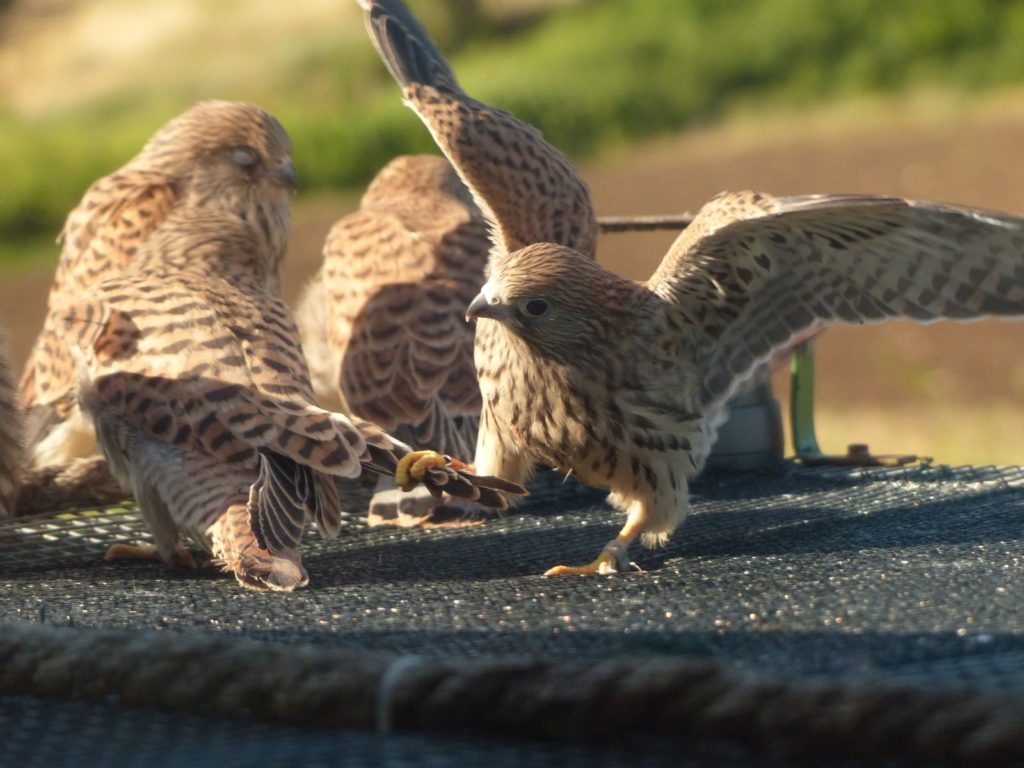
A major effort is underway to bring the lesser kestrel (Falco naumanni), back to Bulgaria where it is currently considered extinct. A broad partnership of organisations from Spain, Germany, Turkey and Greece, and led by the Green Balkans, an NGO from Bulgaria, are working together with the help of EU LIFE funds, to encourage the return of the lesser kestrel as a breeding bird in the Sakar SPA, Bulgaria and to enhance its conservation status at national and international level.The partners of EPAMATH in Greece meanwhile, helped with placing nest boxes in known lesser kestrel areas in order to increase the chances for newly formed pairs to nest and rear their offspring. This was done in an effort to strengthen the Greek colonies and to give the birds from Bulgaria the possibility to interact with other colonies from neighbouring countries.
Vote here: http://natura2000award-applica
5.Joint conservation efforts along three continents to save the sacred bird
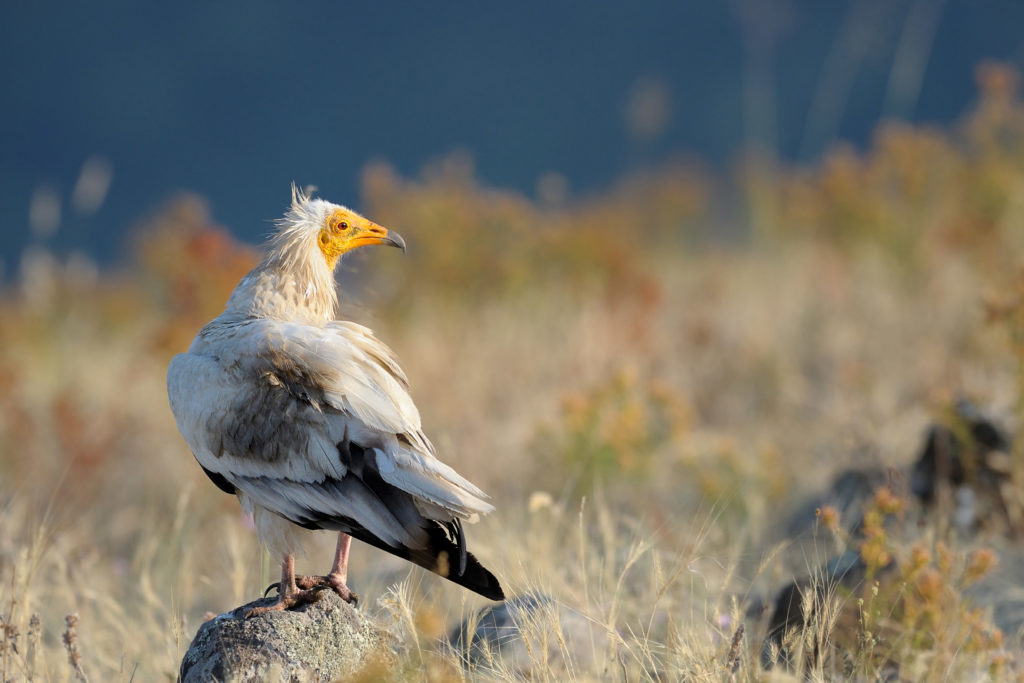
The Egyptian vulture, the only regular long distance migratory vulture in Europe, was once the source of myths and local folklore in the Balkans and revered as a sacred bird in parts of Africa. But due to lots of various threats like poisoning, direct persecution and nest robbery, disturbance during breading, electrocution by dangerous powerlines, and others, the Egyptian vulture is now on the edge of extinction. The only effective way to save this charismatic species is through multi-national and multi-institutional collaboration.
In 2011, four partners: Hellenic Ornithological Society (HOS) / BirdLife Greece; WWF Greece, Bulgarian Society for the Protection of Birds (BSPB) / BirdLife Bulgaria; and Royal Society for the Protection of Birds (RSPB) / BirdLife UK joined forces to halt the decline of the Egyptian vulture population in the Balkans. Recognising the specific requirements of this long-distance migrant, the partners also took steps to broaden their cross-border approach to other countries along the species’ flyway. You can vote here: http://natura2000award-applica





